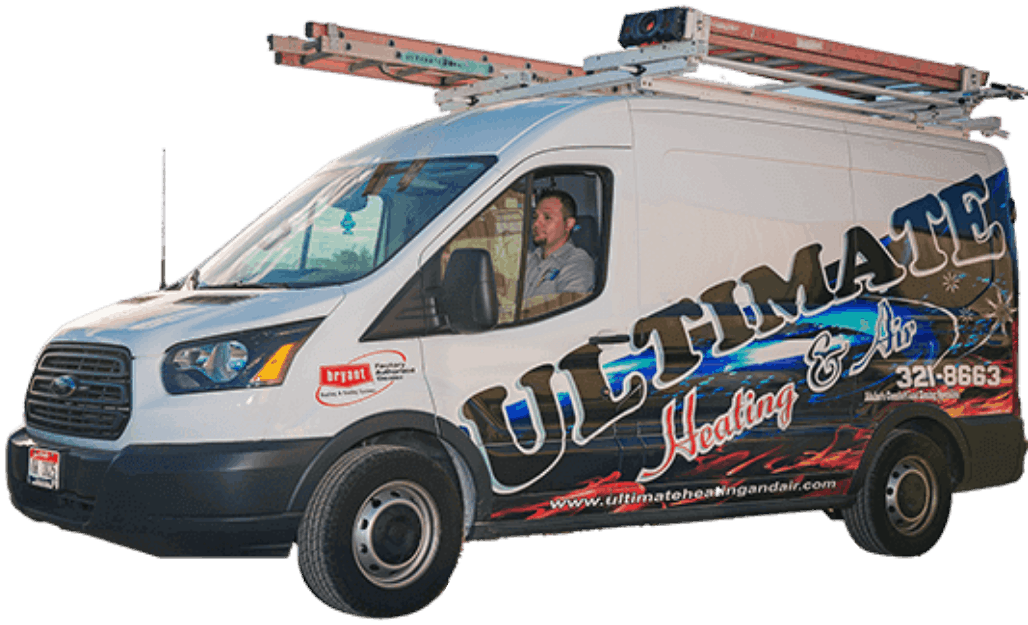
As the name suggests, a plumber is a person who deals with sewage and drainage systems. He is also specialized in installing potable water systems. He is also responsible for the installation of plumbing fixtures. In the event that there is flooding, a plumber may be required. He must be qualified and trained in emergency repairs to ensure he can continue his job.
First-person challenge for plumbers
Plumber is a puzzle-based first-person game where you play the role as a plumber. To prevent flooding, you will need to connect pipes and adjust valves. In addition, you have to face angry mice and giant bats. The sewers contain toxic air. The game isn't recommended for gamers who are into workout games.
It is a free game and offers HD graphics. The aim is to connect pipe parts to form a complete pipeline. The greater the number of pipes connected, the lower the overall water level. Overflow can still occur so it is important to plan and implement effective strategies.

Duties of a plumber
Plumbers are skilled tradespeople who have the responsibility for maintaining and installing the plumbing system of buildings. This job involves planning and reading blueprints for the installation of pipes and waste drainage systems. He will work with other tradespeople, project managers, and others to ensure that the installation conforms to code. He should also be able to work in any weather condition. He may be required to cut openings in buildings to install pipes, select and assemble valves and maintain a list of orders, depending on the type of project.
Plumbers need excellent communication skills, an in-depth understanding of mechanics, and a deep understanding of different systems and components. Also, a plumber must have excellent problem-solving skills. He should be able assess the situation quickly and provide a solution. A plumber must also be flexible, as he may need to work during the evening or on weekends to solve plumbing issues.
Cost of hiring a plumber
The cost of hiring a plumber varies by location and the kind of plumbing work needed. Commercial plumbers are often more expensive than residential plumbers. They usually charge between $100 and $80 per hour. However, plumbers who work for smaller plumbing companies usually charge lower rates. The plumber's rate includes all supplies and insurance rates. Plumbing workers may have to pay union dues that can add up to 20% to 25% to the cost for hiring a plumber. These fees are paid by the union representing plumbers to help them provide insurance and benefits for their employees.
Plumbers typically charge between $80 to $130 an hour. The price you pay for a plumbing job will vary depending on its size, location, and level of expertise. It is also important to consider whether the plumber is licensed. Some plumbers will charge a flat travel cost that can be applied to the total job cost. These fees can range from $40 to $50 to as high as $900 for a full-service bathroom renovation.

Opportunities for plumbers
A career as a plumber can be a great fit for those who enjoy solving problems. Plumbers spend a lot more time trying to find the root cause of a problem, and then they fix it. In your cover letter, list your skills and approach for problem solving when applying to a job as plumber. Monster has many job openings.
Plumbing is a highly skilled trade which requires skilled labor. While it fits well with today's workforce, new technologies will continue to affect the plumbing industry. Many trade schools offer classes that teach you how to properly use plumbing tools and pipe systems. Additionally, certain apprenticeships in pipefitting will require you to learn welding.
FAQ
How do I obtain a service-contract agreement?
You can get a standard SCA form at your local government. You could also use the online quote generator to get more information about your needs and then send your details to us so we can reach you with additional information.
Who provides a Service Agreement?
The service agreement between you and your customer defines how you will provide them with services. It details the customer’s responsibilities, what they can do for you, and when they will have to pay.
Additionally, the service agreement confirms whether additional fees will apply to extra services.
A service agreement should cover all terms and conditions. This includes delivery dates, payment methods, warranties and other terms.
If you use this template, you will cover everything in the agreement.
Can I cancel my contract at anytime?
Yes. However, this must be done within 14 business days of signing your agreement. You can usually terminate your contract by giving written notice up to 7 working days before the end date specified in your contract. You may still owe money to the contractor if you fail to give sufficient notice.
Is a service contract a warranty?
A service agreement is not a warranty. It is an agreement between two parties to exchange goods and services. If the product does not work as promised, the customer agrees pay for repair or replacement. This type is also known under the name maintenance contract.
When do I have to pay for the service/contractor?
The type of service is dependent on how much you pay. A contractor might hire to install a roof. You would usually pay when the work is complete. You might pay only after you receive and test the product if it is a product purchased from a supplier like a kitchen range cooker.
Where can I find out more about building permits
Talk to your local government (for example, NSW Local Government Association), and your local realty agent. They should be able tell you the best way to go about obtaining permission.
Is there a way to prepare for negotiation before hand?
Yes!
There are many ways to prepare yourself for negotiations.
One way is to write out the terms and conditions of the agreement
Statistics
- Don't take their anger personally, they are mad about the situation 99% of the time. (activatemylicense.com)
- While we offer all our high-quality services at competitive prices, we know that many who need our services are on fixed incomes, so we offer a 10 percent discount for seniors and military members. (homeservicecontractorsinc.com)
- Reasonable late fees go up to 25% per year on unpaid sums. (lawdepot.com)
- (1) Except as provided in paragraphs (a)(4) and (a)(8) of this section, if the estimated amount of the contract or subcontract is $10 million or more, the contracting officer shall request clearance from the appropriate OFCCP regional office before- (acquisition.gov)
- (3) The contracting officer may provide for a contract price adjustment based solely on a percentage rate determined by the contracting officer using a published economic indicator incorporated into the solicitation and resulting contract. (acquisition.gov)
External Links
How To
What should a Service Agreement include?
Service agreements (SAs) are essential for any business relationship. It sets out what you expect from one another and how you intend to achieve these expectations. The SA also details when and where each party should fulfill its contractual obligations.
The following are key elements for a successful SA
-
Both parties must agree on the scope and required services.
-
Payment terms details, including start date and expiration dates for goods/services.
-
The project price must be agreed.
-
Additional charges such as VAT and other fees may apply.
-
Whether there are other topics that require discussion.
-
Who will take care of the job if it goes wrong?
-
How disputes will be resolved.
-
What happens if a party breaches the contract.
-
What happens when there is a disagreement?
-
When does the contract go into effect?
-
What happens if a party doesn't perform.
-
What length of time will you be required to pay invoices
-
Who pays for expenses such as travel?
-
Where the money is coming from.
-
What happens if the client decides to change his mind about the project.
-
What happens to the supplier if they don't show up.
-
Who is allowed to access the site during construction
-
What happens if the customer cancels the project.
-
What happens if the product fails?
-
What happens when the manufacturer refuses supply?
-
What happens if the equipment is damaged?
-
What happens if the project takes more time than anticipated?
-
What happens when the work is not completed within the specified timeframe?
-
What happens if the project is not up to standard?
-
What happens if the cost overruns.
-
What happens when the materials are not delivered in time?
-
What happens if the material arrives damaged?
-
What happens if the products are not up to standard.
-
What happens if you cancel the job before it is complete?
-
What happens if the business goes under?